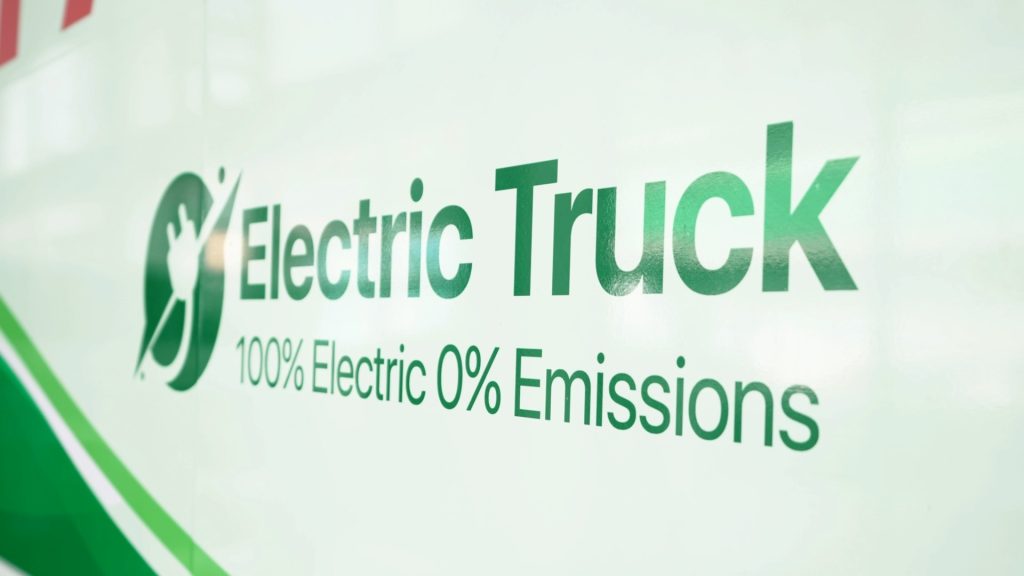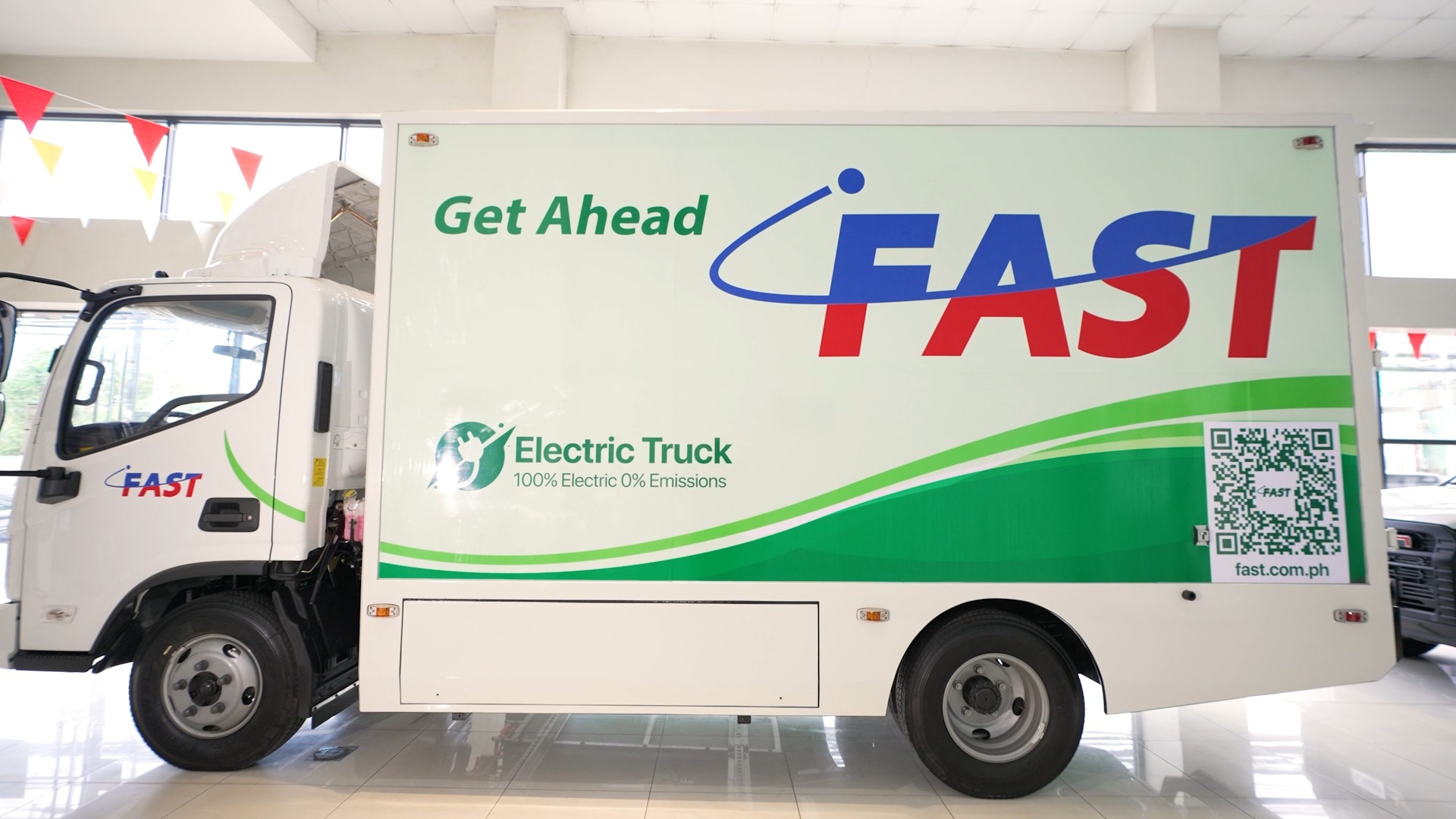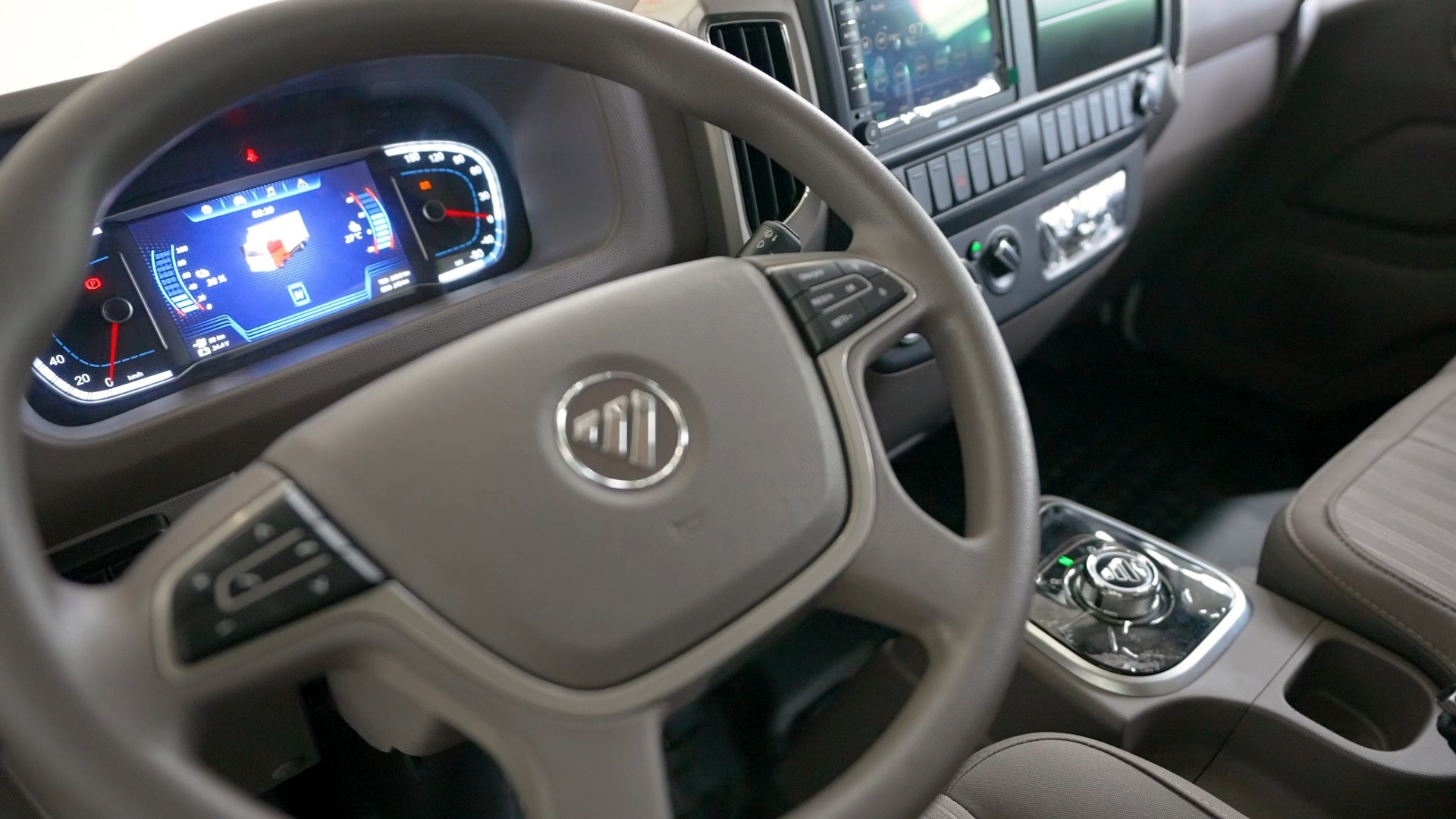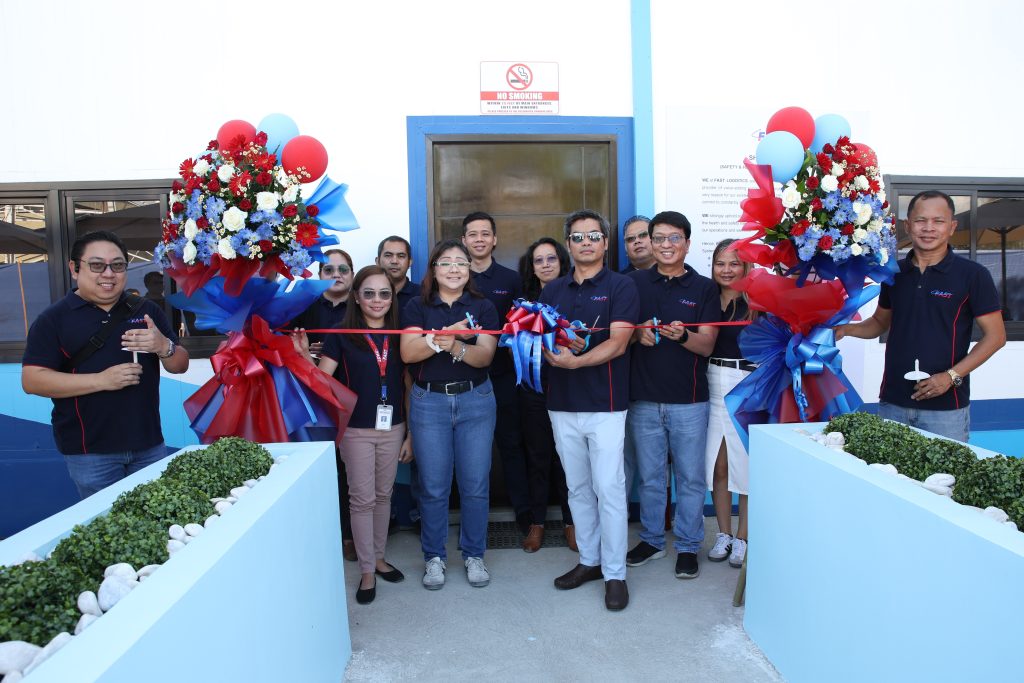
Globally, companies striving to minimize their carbon emissions are turning to electric vehicles as a viable and sustainable mode of transportation. The shift from traditional, gasoline-powered vehicles to electric vehicles offers significant environmental benefits, while also providing businesses with the opportunity to streamline operations, cut expenses, and gain a competitive edge.
Businesses are constantly looking for ways to make their supply chains more efficient and cost-effective. This demands substantial adjustments — from green manufacturing practices or business activities to reducing CO2 emissions in the transportation sector. It gave rise to the adoption of electric vehicles, a game-changer transport solution that promises a cleaner, quieter, and more sustainable supply chain.
Also known as EVs, electric vehicles are automobiles that utilize energy stored in rechargeable batteries. Unlike conventional trucks with internal combustion engines that rely on gasoline or diesel to generate power, EVs use electricity to move.
The Rise of Electric Vehicles in the Philippines
There is a growing number of Filipinos opting to shift to electric cars for personal use. Government data shows that more than 10,000 EV units were sold in 2023. Of these, about 9,200 were hybrid electric motors or units that combine a gasoline-powered engine and an electric propulsion system.
Because of its many advantages, the Philippine government is encouraging the adoption of electric cars. Executive Order 488 (s. 2006) supports EV manufacturing by reducing tariffs on EV components, parts, and accessories, making imports more affordable.
In January 2023, the government completely removed tariffs on completely for five years to boost the local electric vehicle market and support the shift to emerging technologies. EV owners also receive tax incentives, priority registration, fee discounts, special license plates, and exemptions from traffic volume reduction schemes.
Moreover, the government is pushing for the PUV modernization program, which mandates the transition from gasoline-powered jeeps to electric jeeps. In Metro Manila, e-jeeps and e-trikes are also increasingly becoming more popular. The development of “green cities” is expected to further increase the demand for e-vehicles in public transportation.

Benefits of Electric Vehicles in the Environment
Electric vehicles have environmental benefits that make them an attractive option for businesses looking to improve their sustainability efforts. Here are some of them.
Zero Tailpipe Emissions
Electric vehicles produce zero tailpipe emissions. It can ply a road without greenhouse gas emissions such as carbon monoxide, nitrogen oxides, and particulate matter. As a result, EVs are cleaner alternatives to traditional cars, which emit pollutants detrimental to the environment.
Energy Efficiency
EVs are more energy-efficient than diesel trucks with internal combustion engines because these rely on electricity, which can be sourced from renewable energies such as solar and wind. This enables companies to reduce their carbon footprint and make their supply chains more sustainable.
Less Dependence on Fossil Fuels
By adopting electricity as a fuel source, EVs diminish reliance on fossil fuels and advocate for the utilization of renewable energy sources. This shift not only mitigates the effects of volatile fuel prices on businesses but also offers greater stability in their transportation costs.
Reduced Noise Pollution
Most EV units operate more quietly compared to gas-powered vehicles, significantly lowering noise pollution in urban environments. This feature proves particularly advantageous for businesses situated in densely populated urban centers, where noise complaints frequently arise.
FAST also uses renewable energy sources for its major warehouses in Luzon. This move not only minimizes CO2 emissions but also helps the company to save money in the long term by depending on alternative energy sources.
Benefits of Electric Vehicles in Supply Chain Operations
Apart from their environmental advantages, EVs offer several operational benefits that help businesses attain supply chain sustainability and enhance their bottom line. These include:
Lower Energy Costs
Aside from the environmental benefits, electric vehicles also offer cost savings and efficiency gains for businesses. EVs have lower operating costs compared to traditional vehicles as they require less maintenance and do not need gasoline or diesel. Businesses can also lower their energy usage by taking advantage of off-peak electricity rates. In the long run, companies can save more using EV fleets than their diesel counterparts.
Operational Efficiency
EVs have fewer moving parts and require less maintenance compared to internal combustion engine vehicles, resulting in reduced downtime for maintenance and repairs. Most EVs also have regenerative braking systems that capture energy during breaks. This increases vehicle efficiency and reduces energy waste, making EVs more efficient than traditional vehicles.
Consumer and Employee Satisfaction
By transitioning to electric vehicles, companies and manufacturers do more than just reduce their carbon footprint; they position themselves as leaders in green initiatives. Displaying commitment to sustainability resonates with eco-conscious consumers and attracts like-minded talent, thereby enhancing the company’s brand image and boosting employee morale.

Philippines’ First Fully Electric Truck
Therefore, integrating electric vehicles into the Philippine supply chain is more than a luxury or a passing trend; it’s a strategic decision rooted in practicality and a profound dedication to environmental stewardship. This approach substantially lowers the carbon footprint, benefiting not only the end consumer but the entire supply chain as well.
For businesses, this not only satisfies government regulations and the growing demand for environmentally friendly products, but also presents opportunities to lower fuel and maintenance costs associated with conventional diesel trucks while improving operational efficiency and maintaining employee and consumer satisfaction.
FAST Logistics Group, a leader in end-to-end logistics, has taken a significant leap towards sustainability by introducing the Philippines’ first fully electric truck used for product and goods transportation.
A FAST electric truck does not emit carbon, as it operates solely on electricity. Each vehicle is capable of traveling up to 280 kilometers while maintaining an average speed of 80 kilometers per hour. It only requires just one to three hours of electric power to fully charge.
Each FAST electric truck is equipped with advanced technology, including GPS and an AI-powered dashcam. This offers instant access to the vehicle’s location, the driver’s behavior, and the condition of the cargo in transit. Projected to have a service life of five to eight years, or potentially even longer, these vehicles represent a sustainable investment in end-to-end logistics.
How can companies transition to sustainable logistics and supply chain operations?
Apart from adopting EVs, companies can transition to sustainable logistics and supply chain operations by using sustainable packaging materials and repurposing materials, as well as leveraging renewable resources in their operations. Partnering with suppliers that have sustainable practices is also essential for a successful transition to more sustainable supply chain management operations. By taking these steps, companies can reduce their carbon footprint and contribute to a more environmentally-friendly supply chain.
More Sustainable Supply Chain, Greener Future
With the increasing concern for climate change, businesses are expected to take responsibility and implement sustainable practices that minimize their waste and carbon emissions. Through technological advancements and innovative solutions, businesses and industries in the Philippines have an opportunity to make a positive impact on the environment while also improving their supply chain operations.
The shift from diesel-powered trucks to electric vehicles marks a pivotal step towards creating a sustainable supply chain and propelling the Philippines towards a greener future. By adopting more electric trucks and vehicles, companies not only show their dedication to preserving the planet, but also benefit from cost reductions and enhanced operational efficiency.
With over 50 years of industry leadership, FAST Logistics Group is the leading end-to-end logistics company in the country that offers a comprehensive range of warehouse and transport solutions. To learn more about our services and green initiatives, talk to our Solutions Expert or visit http://linktr.ee/fastlogisticsph
Categories
-

FAST Ahead
Includes case studies and testimonials of our partners as well as other featurettes from industry experts
-

FAST Hacks
We simplify logistics terms and provide practical tips and solutions for the DIY in you
-

FAST Highlights
Know more about our history, various brands, achievements, and news updates
-

FAST Moments
Get to know the people of FAST, our employee programs, as well as our various ways of giving back to the community
-

FAST Solutions
Learn more about the various logistics solutions that we cater to and offer our clients, as well as tech innovations, and service facilities



